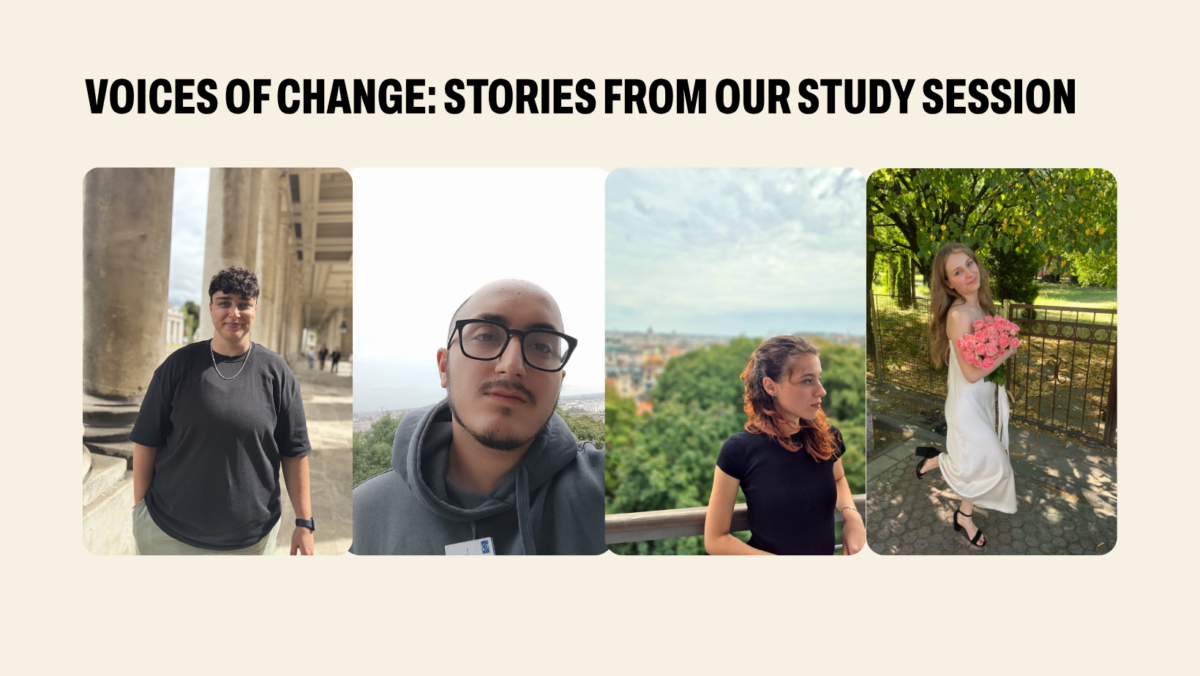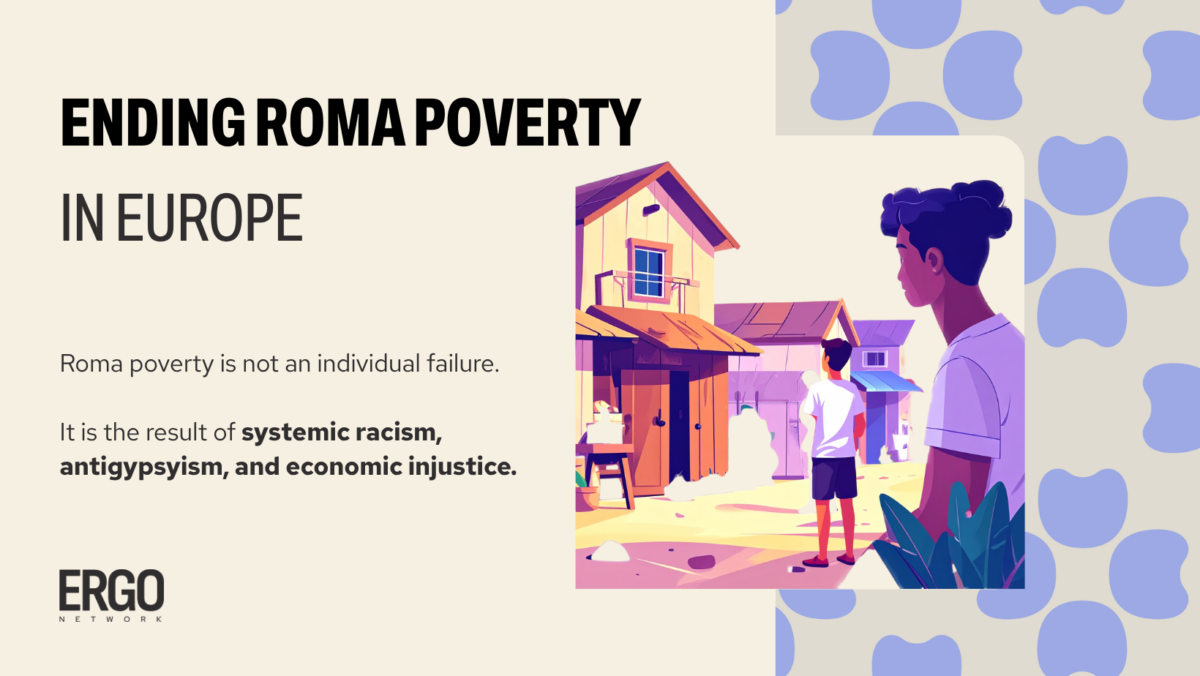European Commission releases Spring Package 2025: What’s in it for Europe’s Roma?
On 4 June 2025, the European Commission published the Spring Package in the framework of the 2025 European Semester, comprising (among others) 27 Country Reports, 27 Country-Specific Recommendations, and a Communication on the Spring Package. ERGO Network and its national members reviewed the Package to see to what extent it explicitly mentions Roma rights and inclusion, ethnic minorities, discrimination, and racism (including antigypsyism), as well as to assess whether national civil society was involved in the drafting of its documents.
- 1. The Communication on the Spring Package mentions the Roma once, exclusively regarding increasing their labour market participation – but nothing on health, housing, education, discrimination.
- 2. 9 Country Reports include references to the Roma (BG, CZ, GR, HU, IE, RO, SK, SI, ES) in 2025, one more than in 2024, but still insufficient, as the Roma live in 26 EU Member States.
- 3. There are 5 Country-Specific Recommendations on Roma (BG, CZ, HU, RO, SK), who are also mentioned in 7 Preambles (same + GR, ES), a significant improvement since before 2019.
- 4. Ethnic minorities feature in 3 Country Reports (BG, CZ, SK), and discrimination is mentioned in 8 of them (AT, BE, CY, IT, IE, PT, ES, SE). None of the terms appear in any part of the CSRs.
- 5. (Roma) Civil society was poorly associated to the drafting of the Country Reports, but it is mentioned in 8 of them (EE, FR, GR, MT, PT, RO, SI, SE), and in all Preambles of the CSRs.
ERGO Network and its members are delighted to see a return of Roma CSRs, with 5 Member States receiving one, on the backdrop of the overall return to more comprehensive recommendations, including on social inclusion for most countries. We are equally pleased with a high number of references to the Roma and their plight in as many as 9 Country Reports.
However, whereas the Roma are present in all Member States except Malta, and experience rates of poverty and social exclusion of over 80% in most of them (and almost 100% in some), we would have liked to see them more comprehensively mainstreamed in the Spring Package, including for a number of other Member States.
The recurrent focus on competitiveness as well as productivity and curbing public spending spells dire times for social inclusion, human rights, and equality. It is our members’ experience that, unless the Roma are explicitly named as key target beneficiaries of support measures, and unless specific measures and resources are dedicated to them, mainstream initiatives and broad national and EU funds end up not reaching them.
Our members equally express disappointment that issues of discrimination and antigypsyism are largely absent from the present Package, while these phenomena have increased in recent years. The fact that the country analyses and recommendations do not seek to establish explicit synergies with the EU and national Roma Frameworks, and with the National Action Plans against Racism, is considered a significant missed opportunity.
Finally, ERGO Network members deplore the lack of recognition and support given to civil society organisations in the two country documents, given that most of them are not only on the frontlines, providing essential support to communities in need, but they equally possess the knowledge, expertise, and direct links to beneficiaries which are needed to inform the design of sustainable and effective public policies.
For more information about ERGO Network’s work on the European Semester, contact Senior Policy Adviser Amana Ferro.





